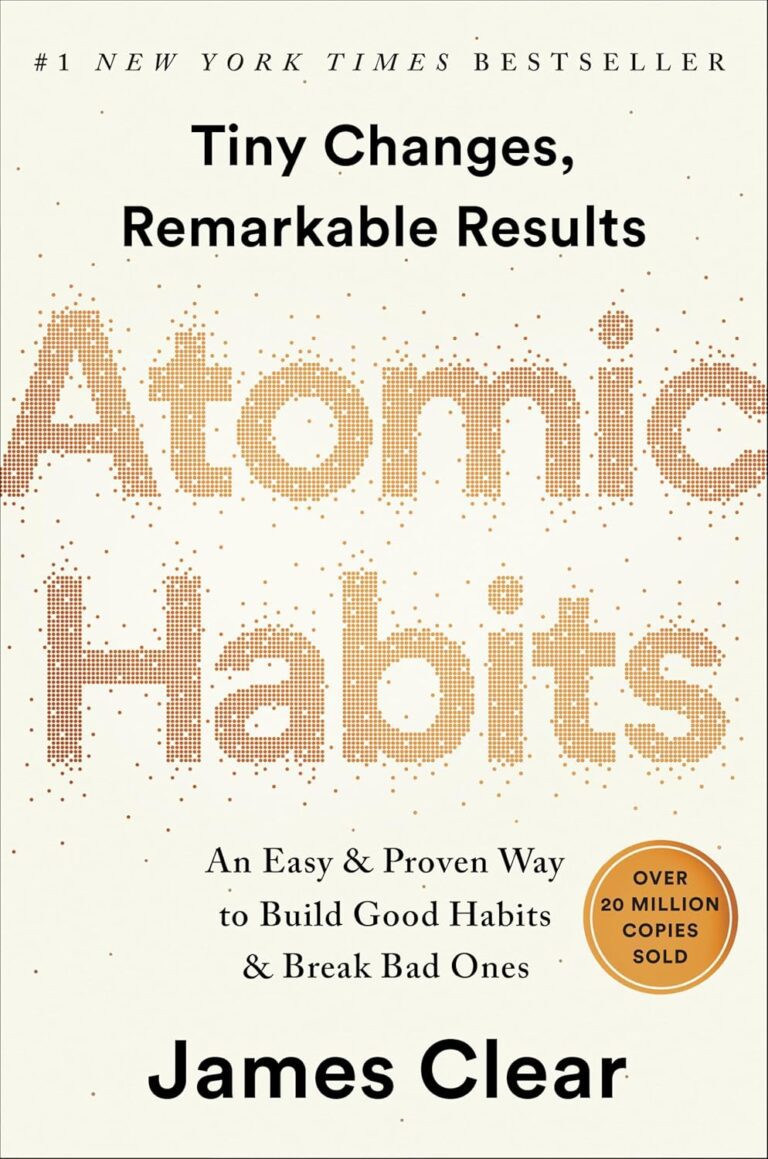
Brief Overview of Cancer and Tumors
Cancer, broadly speaking, refers to a complex group of diseases characterized by uncontrolled cell growth. When these abnormal cells clump together, they form what is known as a ‘tumor’. Tumors can be benign (non-cancerous) or malignant (cancerous). The latter poses a significant threat to life as they have the ability to invade surrounding tissues and metastasize to various parts of the body.
Introduction to Tumor markers
Over the years, advancements in the field of medical science have led to the discovery of biological substances known as tumor markers. These have proved to be instrumental in our battle against cancer. This article aims to delve deep into the intricacies of tumor markers, their types, and their role in the field of medicine.
Understanding Tumor markers: The Basics
Definition and significance of Tumor markers
Tumor markers, in essence, are molecules present in blood, urine, or body tissues. They are typically produced either by the tumor cells themselves or by the body in response to cancer. They serve as a beacon of sorts, shedding light on the presence and nature of malignant growths.
Basics about the creation and utilization of Tumor markers
Tumor markers are introduced into the human body as a part of the body’s biological response mechanism to the existence of cancerous cells. The identification and quantification of these markers can provide critical insights into the presence, type, and stage of cancer, thereby affecting the treatment course significantly.
Types of Tumor markers
Specific Tumor markers related to certain cancers
Some tumor markers are specific to certain types of cancer. For example, Prostate-Specific Antigen (PSA) is a tumor marker associated with prostate cancer, while Carcinoembryonic Antigen (CEA) can indicate colorectal cancer.
Universal Tumor markers found in multiple cancer types
On the other hand, there are also universal tumor markers, like Alkaline Phosphatase (ALP) and Lactate Dehydrogenase (LDH), which are found in multiple cancer types.
The Role of Tumor markers in medicine
Diagnostic capabilities of Tumor markers
Tumor markers have been incorporated into modern medical practices to aid in cancer diagnosis. They help in understanding the biological behaviour of the cancer, predicting the likely course of the disease, and guiding the choice of therapy.
Prognostic implications of Tumor markers
Changes in the levels of tumor markers can provide vital prognostic information, helping doctors estimate a patient’s likely response to treatment and survival outlook.
Monitoring cancer progression and response to treatment using Tumor markers
Tumor markers also have an indispensable role in monitoring the progress of the disease and evaluating the effectiveness of the treatment being administered. Rising levels of tumor markers might signal disease progression or recurrence, while falling levels could indicate a favorable response to the treatment.
Limitations and Challenges with Tumor markers
False positives and false negatives
One of the primary drawbacks of tumor markers is the risk of false positives and false negatives. Non-cancerous conditions may sometimes cause an elevation in tumor markers, leading to a false-positive result. Conversely, not all cancers produce tumor markers, which can lead to false negatives.
Issues with specificity and sensitivity
Tumor markers are not always specific for cancer, resulting in issues of specificity. Furthermore, they are not sensitive enough to detect cancers at the early stage, thus underscoring the need for more sophisticated methodologies.
Get to know us better
If you are reading this, you are in the right place – we do not care who you are and what you do, press the button and follow discussions live

Future Trends in Tumor Markers Research
Advancements in testing methodologies
Considering the limitations, ongoing research is primarily focused on enhancing the sensitivity and specificity of tumor marker tests. The concept of liquid biopsy, which involves testing for circulating tumor cells or fragments of tumor DNA, is gaining considerable attention.
Future applications and likelihood of personalized Tumor markers
With the advancements in genomics and proteomics, personalized tumor markers that could aid in targeted therapies are likely to become more prevalent in the future.
Conclusion
Summary of the importance and challenges of Tumor markers
In conclusion, tumor markers, despite their limitations, have profoundly transformed oncology practices. They provide valuable insights into the presence, nature, and progression of cancer, guiding therapeutic decisions and monitoring responses. As research advances, more effective and accurate tumor markers are likely to be discovered.
Emphasizing why an understanding of Tumor markers matters
Understanding tumor markers is essential for both medical practitioners and patients as it paves the way for individualized patient management, more accurate prognosis assessment, and timely modifications of treatment strategies.
FAQs about Tumor markers
1. What exactly are Tumor markers and what is their function in the body?
Tumor markers are biological substances that either come from the tumor itself or are produced by the body in response to cancer. They are informative of the existence, type, and stage of cancer.
2. Can Tumor markers be used to detect cancer in its early stages?
While some tumor markers can help suspect the presence of certain cancers, they are not usually sensitive enough to detect cancer in the early stages.
3. Do all types of cancer produce Tumor markers?
Not all cancers produce tumor markers. Furthermore, non-cancerous conditions can also produce elevated levels of some markers.
4. What implications do Tumor markers have in the prognosis of a patient?
Tumor markers can provide important prognostic information, estimating the probable course of the disease and the patient’s survival rate.
5. What kind of tests are performed to determine the presence of Tumor markers?
The presence of tumor markers is usually determined through blood tests, urine tests, or by biopsy of the tumor tissue.

















Comments
Thank you. Comment sent for approval.
Something is wrong, try again later